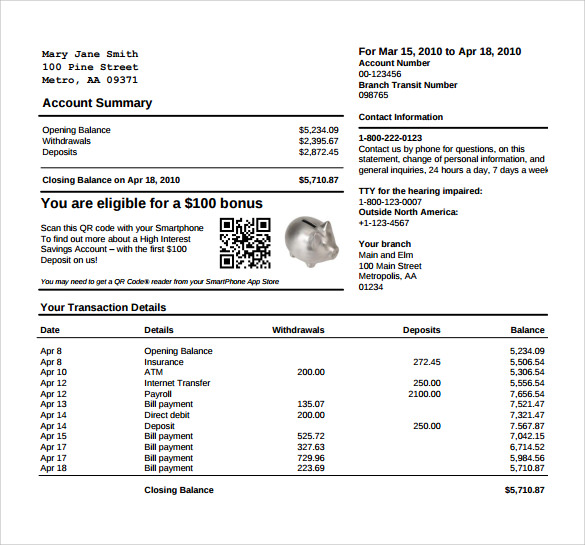

These fraudsters can spend a long time building trust, though they can all happen rather quickly. They may use a fictional name or falsely take on the identities of real, trusted people such as military personnel, aid workers, or professionals working abroad. Scammers typically create fake online profiles designed to lure you in. These happen when fraudsters take advantage and convince someone that they want to become friends or are romantically interested. Never be pressured into providing personal or financial information to anyone.This can be falsified (known as spoofing) by a criminal to appear as if they're calling from HMRC or any other organisation. Never rely on the number on the caller display as proof that it's HMRC you're talking to.Always check what you owe directly with HMRC on the GOV.UK website.Never make a payment to HMRC if they contact you out of the blue, even if you're threatened with police or court action.HMRC will never call you out of the blue about a claim, payment or debt that you don't already know about and will never call threatening legal action. The caller ID or email address might say it's from HMRC or HM Revenue and Customs, but criminals can fake these details to appear the same as the genuine ID. instant messaging services like WhatsApp.These scammers can contact you at any time of year, though they tend to get more tax assessment deadline dates. They may even threaten you with court action, bailiffs, or police arrest if you don't take urgent action. For example, they could send an outstanding bill or tax rebate messages.

With these scams, criminals pose as HMRC to try and persuade you to send them money by insisting that you make an urgent payment or click on a link in a message.

See our list of helpful links below to find out more about each type. There are lots of different types of scams and fraud. If you're concerned or think you've responded to a scam email or text or given your details out to the wrong people, you should contact us first on 0800 9 123 123 and report it to Action Fraud on 03 Remember, your bank, the police or any trusted organisation will never ask you to withdraw, transfer or send back money from your account.
#IS IT POSSIBLE TO CREATE FAKE BANK STATEMENT DOWNLOAD#
This is because criminals can ask you to click on a link or download an app.


 0 kommentar(er)
0 kommentar(er)
